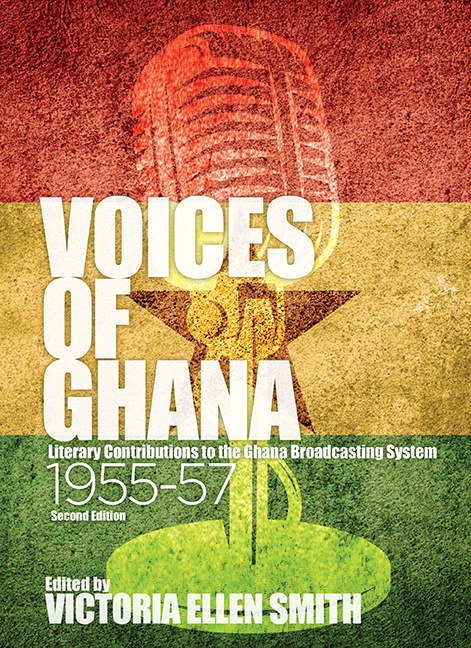Book contents
- Frontmatter
- Contents
- List of Illustrations
- Preface and Acknowledgements
- No Wings
- Preface to Second Edition
- Foreword to Second Edition
- Introduction to Second Edition
- A Note of History
- Should I Ever…
- THE COUNTRYSIDE
- AKAN
- The Poetry of Drums
- Across the Prah
- The Tale of Ananse and Twala the Thief
- Ananse's Punishment
- Ohia and the Thieving Deer
- ‘The Iron Bar’
- Drum Proverbs
- Afram
- A Fisherman's Day
- Komenda Hill
- Ahanamanta (Harmattan)
- Mami Takyiwa's Misfortune
- New Life at Kyerefaso
- No Ten Without Nine
- EWE
- GA-ADANGME
- DAGOMBA
- HAUSA
- THE TOWN
- The Contributors
- Index
The Poetry of Drums
from AKAN
Published online by Cambridge University Press: 02 August 2019
- Frontmatter
- Contents
- List of Illustrations
- Preface and Acknowledgements
- No Wings
- Preface to Second Edition
- Foreword to Second Edition
- Introduction to Second Edition
- A Note of History
- Should I Ever…
- THE COUNTRYSIDE
- AKAN
- The Poetry of Drums
- Across the Prah
- The Tale of Ananse and Twala the Thief
- Ananse's Punishment
- Ohia and the Thieving Deer
- ‘The Iron Bar’
- Drum Proverbs
- Afram
- A Fisherman's Day
- Komenda Hill
- Ahanamanta (Harmattan)
- Mami Takyiwa's Misfortune
- New Life at Kyerefaso
- No Ten Without Nine
- EWE
- GA-ADANGME
- DAGOMBA
- HAUSA
- THE TOWN
- The Contributors
- Index
Summary
The use of drums as ‘vehicles of language’ is a widespread art in Africa. Drums, however, are not meant to compete with human speech in ordinary everyday life, but rather to supplement it in certain situations: to replace it in situations in which the human voice would be too feeble, or situations in which certain things are better drummed than spoken.
In Akan communities, the contexts of drum language are usually socially predetermined. The husband does not talk to his wife in the home on the drums, but he may praise her in the dance arena on the drums. The drummer cannot say to the chief: ‘You are not playing the game’, or threaten to stop playing the drum, but at the festival or the durbar, the drummer is privileged to do so on the drums. A Chief must always be addressed with the title ‘Nana’, but the drummer is privileged to call him on the drums without this. In Akan communities, the drummer is not a licensed beggar. He cannot go about drumming the praises of people for money. On social occasions, however, he is not prevented from receiving gifts of money and ‘drink’ from dancers and those he praises on his drums. He is even allowed to ask for a drink.
Incidents in social life may be announced, though the choice of incidents that may be so announced varies from tribe to tribe. According to Carrington, the Lokele drum [is used] to announce births, deaths and marriages, but among the Akan this is not the case. Deaths of Chiefs may be announced on the drum sometimes long after the actual event, but deaths of ordinary people may not be announced on drums, as the Akan drum language is really chief-centred. On the other hand a state of emergency calls for drumming; for example, when there is outbreak of war, or fire, or when a person gets lost in the forest and a search party has to be organised.
The making of announcements, however, is only one of the functions of drums. There would be no hope for the drum language if that was its only function, in view of the radio, the telephone, the telegram, the newspaper and so on.
- Type
- Chapter
- Information
- Voices of GhanaLiterary Contributions to the Ghana Broadcasting System 1955–57, pp. 53 - 59Publisher: Boydell & BrewerPrint publication year: 2018

